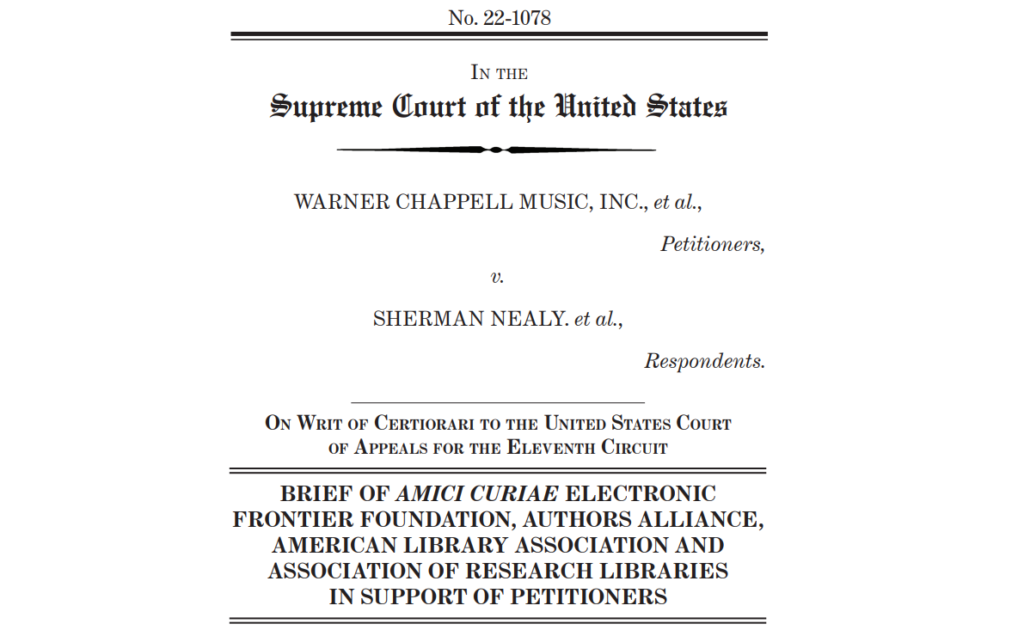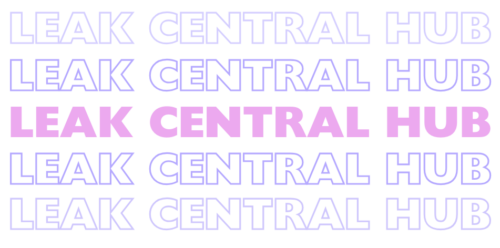The Electronic Frontier Foundation (EFF) has cautioned the U.S. Supreme Court regarding the potential escalation of copyright trolling if rightsholders are permitted to seek damages beyond the standard three-year statute of limitations. Instead, the EFF advocates for reinforcing judicial protections to prevent copyright trolls from exploiting the legal system.
By advocating for judicial safeguards, the EFF aims to deter copyright trolls from abusing the legal process to extort settlements from alleged infringers. Strengthening these safeguards would help maintain the integrity of copyright law while minimizing the risk of abusive litigation tactics.

In essence, the EFF’s stance underscores the importance of striking a balance between protecting intellectual property rights and preventing the misuse of legal mechanisms for predatory purposes.
The concern raised by the EFF and other organizations is that if rightsholders are allowed to claim damages beyond the three-year statute of limitations, it could embolden copyright trolls to pursue even more aggressive litigation tactics. This could lead to an increase in the number of frivolous lawsuits targeting alleged infringers, resulting in further burdens on the legal system and potentially unfair outcomes for defendants.
To address this issue, the EFF and its allies argue that strengthening judicial safeguards is crucial. By ensuring that courts rigorously scrutinize copyright infringement claims and impose appropriate sanctions on abusive litigants, it becomes more difficult for copyright trolls to exploit the legal system for their own gain.
Ultimately, the goal is to strike a balance between protecting the rights of copyright holders and preventing the abuse of legal processes by copyright trolls. This requires a careful examination of existing laws and regulations, as well as proactive measures to safeguard against abusive litigation practices.

The amicus curiae brief highlights the potential risks associated with extending the damages accrual period in copyright infringement cases. By allowing rightsholders to claim damages for infringements discovered beyond the three-year statute of limitations, it could provide copyright trolls with more opportunities to pursue frivolous litigation and extract nuisance-value settlements from internet users.
In particular, the brief emphasizes the impact on copyright trolling, citing examples such as lawsuits against BitTorrent users and cases involving unauthorized use of images. While some courts have taken steps to limit the scope of such lawsuits, the practice still persists, with copyright trolls exploiting loopholes in the legal system to target alleged infringers.
The EFF and other organizations argue that limiting the damages accrual period to three years from the date of the infringement is crucial to prevent abuse and discourage trolling behavior. By imposing this restriction, courts can help mitigate the risk of excessive litigation and uphold the integrity of the legal process.
Ultimately, the goal is to strike a balance between protecting the rights of copyright holders and safeguarding against abusive litigation practices. By advocating for judicial safeguards and time-limited damages, the EFF aims to address the copyright troll problem and ensure fair outcomes for all parties involved in copyright disputes.



